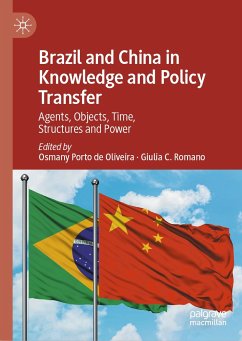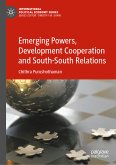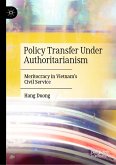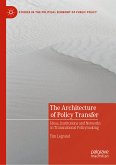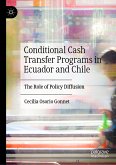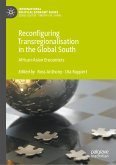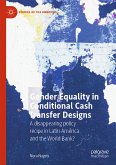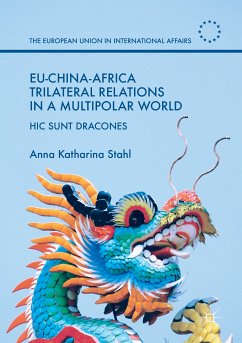Kim Moloney, Assistant Professor of Public Policy, Hamad Bin Khalifa University, Qatar
This exciting new book brings together an impressive array of internationally recognised scholars to address the growing influence of Brazil and China in the international arena... Anyone interested in policy transfer, lesson drawing and how these processes are operating outside of the global north should read this text.
David P. Dolowitz, Professor of Politics, University of Liverpool, UK
This book examines knowledge and policy transfer from the perspectives of Brazil and China. It assesses how these two nations have emerged as providers of ideas and models that contribute to the global offer of public policies. With a variety of case studies in areas such as health, food security and infrastructure, the volume offers new insights into the distinct levels through which knowledge and policy transfers take place, including the local, regional, national and supranational. It develops a multidimensional framework of analysis that considers the agents, objects, and mechanisms for knowledge and policy transfer, as well as the structures and timings within which they operate. Unlike previous studies on policy transfer - which largely focus on North-North and North-South learning processes - this book offers an innovative approach to this area of study. By reflecting on the experiences of these two rising powers, it provides fresh insights on the future of knowledge and policy transfer as global power dynamics shift. This interdisciplinary study will appeal to students and scholars of policy transfer, development studies, international relations and publicpolicy.
Osmany Porto de Oliveira is Assistant Professor in the International Relations Department at the Federal University of São Paulo, Brazil.
Giulia C. Romano is Postdoctoral Researcher at the Institute of East-Asian Studies, University of Duisburg-Essen, Germany
Dieser Download kann aus rechtlichen Gründen nur mit Rechnungsadresse in A, B, BG, CY, CZ, D, DK, EW, E, FIN, F, GR, HR, H, IRL, I, LT, L, LR, M, NL, PL, P, R, S, SLO, SK ausgeliefert werden.

